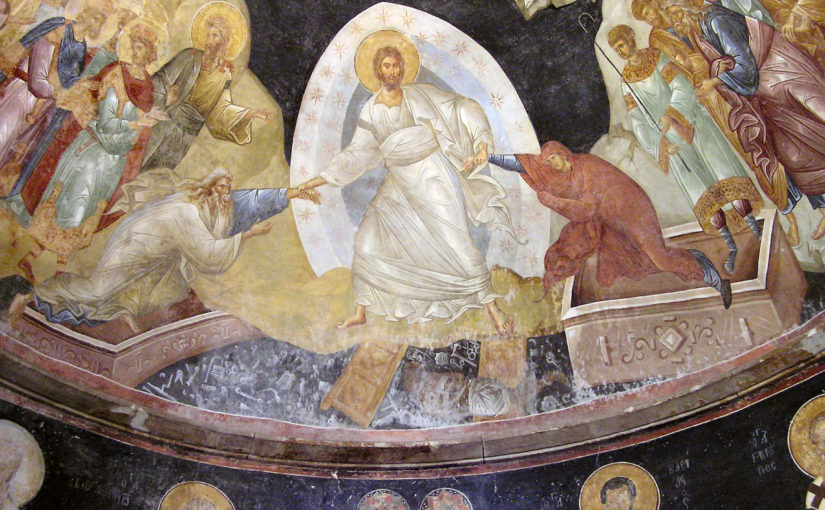But the LORD is the true God; He is the living God and the everlasting King.
At His wrath the earth will tremble, And the nations will not be able to endure His indignation.
Jeremiah 10:10
On September 9, 2015, Queen Elizabeth of the United Kingdom became the longest-reigning female head of state in the world, displacing Queen Victoria, who reigned 63 years, 216 days. Sobhuza II of Swaziland holds the record for male monarch at 82 years, 254 days. A little better-known is King Louis XIV of France, who sat on the throne for 72 years, 110 days. In 1830, King Louis XIX of France became the shortest-reigning sovereign with just 20 minutes on the job.
Over five millennia of human history have seen world leaders and their governments come and go, none ever reaching a century of being figurehead of their domain. Christ will outshine them all when he rules 1,000 years on earth, after the Anti-Christ is destroyed. Then, He’ll reign in heaven as the Everlasting King.
Some might argue that this title is referring to God the Father and not the Son. To clear that up, one would only have to go to 2 Peter 1:11, which says, “for so an entrance will be supplied to you abundantly into the everlasting kingdom of our Lord and Savior Jesus Christ.” Simple logic then concludes that, if the Son of God has an everlasting kingdom, He must be the Everlasting King.
Living forever without having to go through destructive campaign cycles, political attack ads, regime change, revolutions, coups d’état, wars and rumors of wars, it must be heaven. True paradise will not have injustice, corruption, or oppression. This certainly was impossible when men and women ruled the world, but is very obtainable under Christ.
Hail King Jesus! – the Everlasting King!
September 9









